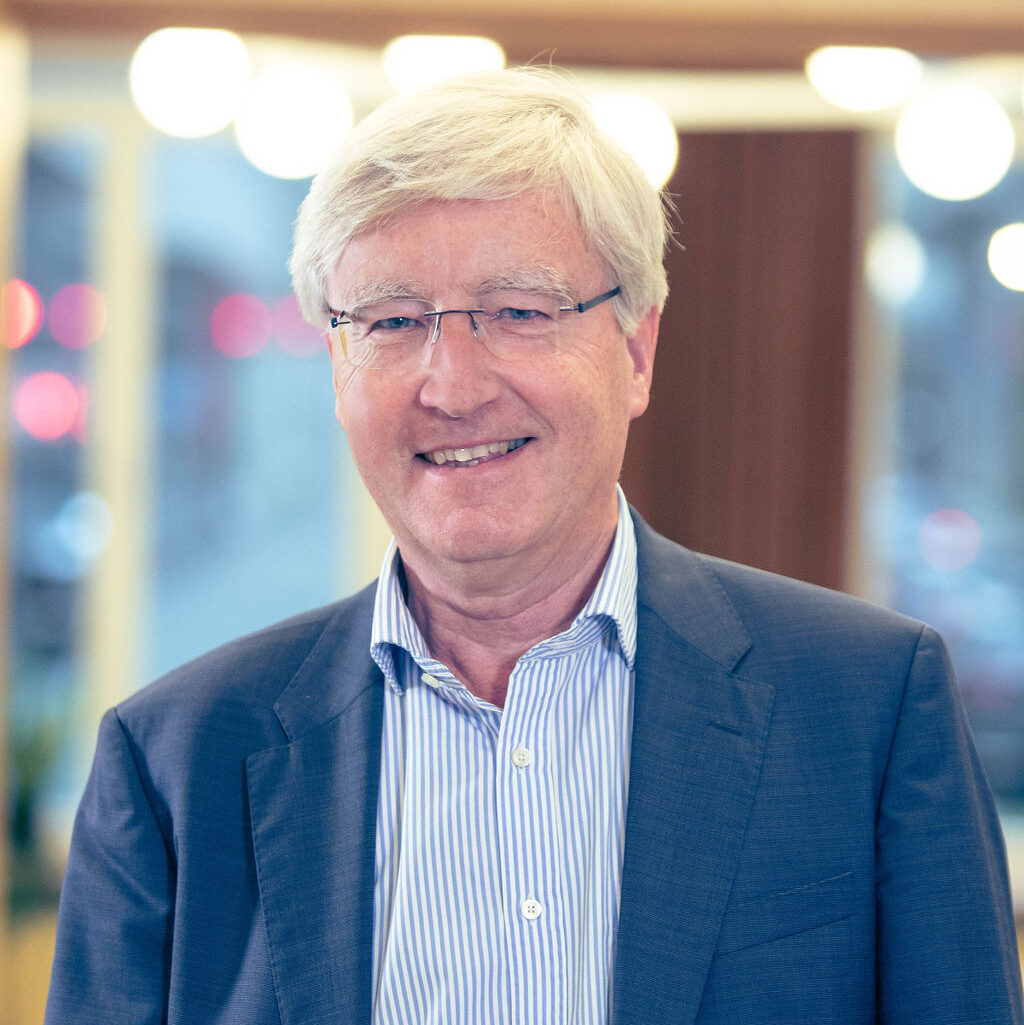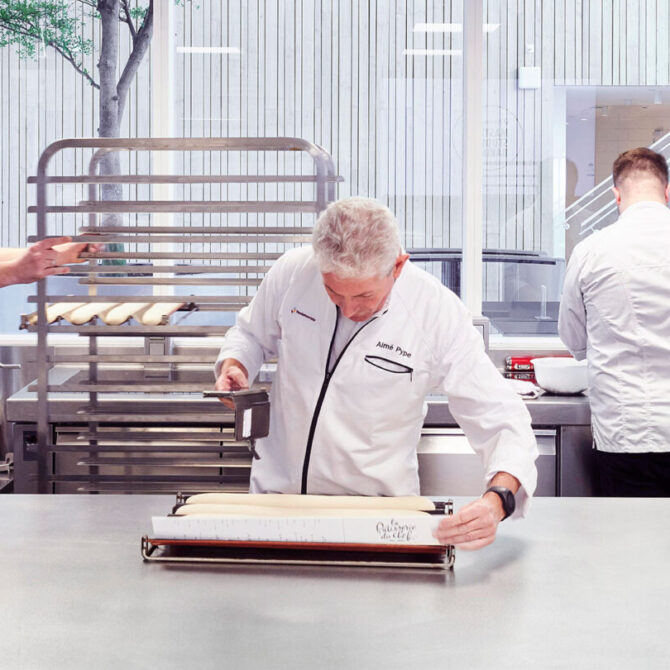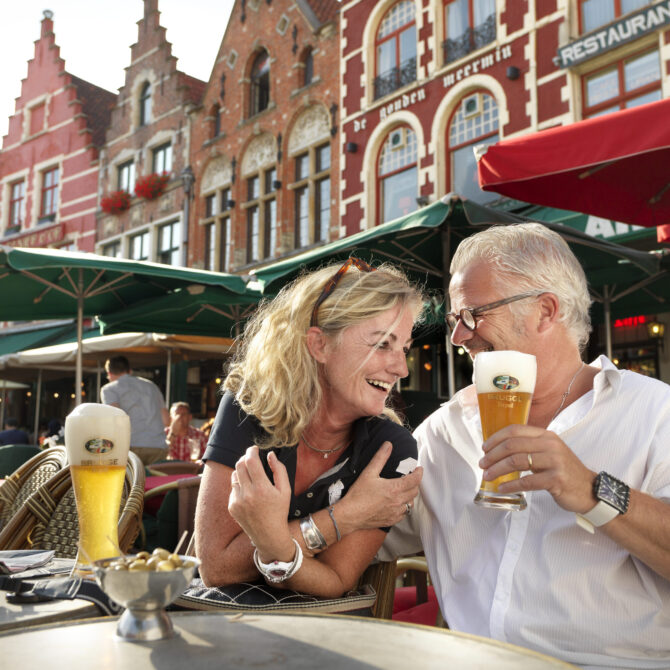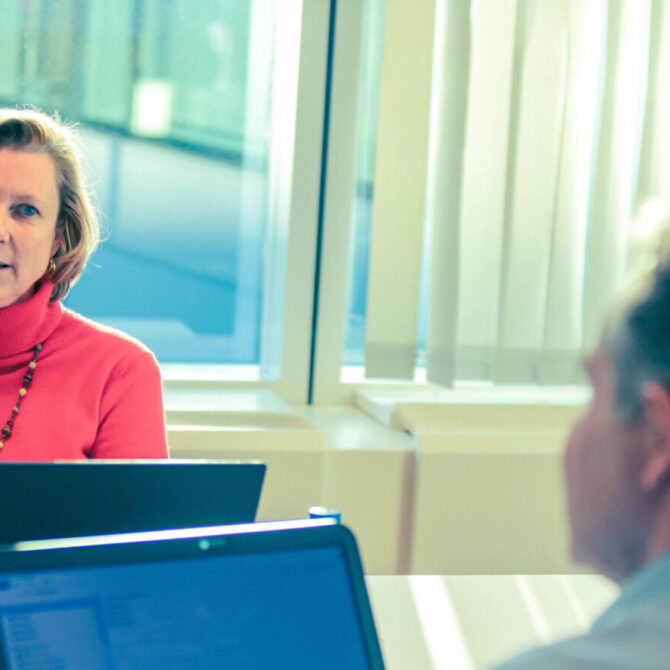What comes to mind first when you think about Belgium? We’re pretty sure that chocolate, waffles, and beer are at the top of many people’s lists. Indeed, the food and beverages of the small country are world renowned, as is the inclination of its inhabitants for enjoying the good things in life.
It’s no easy task to uphold and develop that good name while simultaneously incorporating society’s demand for healthier, more varied, safe, and lower impact food. A crucial link between the food companies in Belgium and the socio-economic environment in which they operate is Fevia.
The challenge
Fevia represents 27 sectors and over 700 companies that produce high-quality food and drinks in Belgium. The federation is committed to co-create a more sustainable food system. It does so by, among others, facilitating structural dialogues with stakeholders, inspiring and supporting members and investing in sustainable initiatives.
There are many challenges to growing the food system sustainably in the coming years. Yet for more than a decade, Fevia has been determined to take on a pioneering role in the search for solutions. This ambition led them in 2020 to review their sustainability vision and mission towards 2025. Their partner in this extensive process? Sustenuto!
Our approach
Stakeholder consultations and a materiality assessment for a new vision on sustainability
We took a three-step approach to begin tackling Fevia’s challenge:
- Through an analysis of the value chain and a comparative study of other European players, we examined the importance of the impact of the Belgian food industry on society. We hereby took into account a number of food trends that have become more important in recent years, such as health, climate, and packaging.
- We involved internal stakeholders of Fevia to assess the sustainability challenges for the industry. Concretely, we worked with different strategic committees to identify which sustainability topics should get priority in the future.
- We did the same exercise with external stakeholders, among which were supply chain partners, NGOs and experts, government representatives, consumer associations, and other industry organisations. Thanks to these consultations, we obtained a societal perspective on the sustainability challenges for the sector.
Our findings were complemented with the take-aways of a consumer perception survey conducted by market research agency Why5Research.
Putting the market analysis, the internal, and the external perspectives together, we drew a materiality matrix that shows the importance of the various themes and their impact on the food industry:
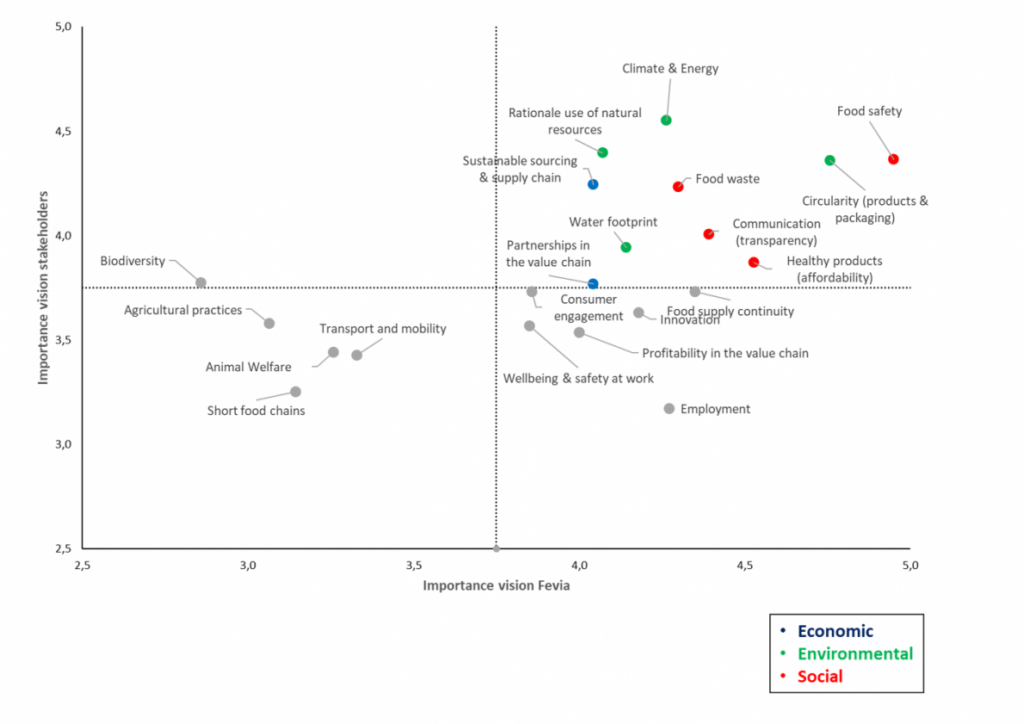
As a result of this materiality matrix, Sustenuto and Fevia identified 15 priority topics for the Belgian food industry towards 2025. We clustered these priorities in four key ambitions.
Concretely, with their new sustainability vision, Fevia aims to:
- Continue to earn the trust of every consumer
- Embrace the green transition
- Continue to focus on safe and motivating workplaces
- Creating value together
An integrated sustainability roadmap
Every three years, Fevia publishes a sustainability report of the Belgian food industry. Following the new sustainability vision, the 2021 edition took the form of an integrated roadmap, including the objectives and action plan towards 2025.
The four pillars of Fevia’s sustainability vision contain the 15 priority topics to which the sector has linked 32 concrete objectives to realise in the coming years. Sustenuto defined performance indicators for Fevia to monitor progress in a systematic way and coordinated the data collection per objective.
Sustenuto made sure to develop Fevia’s sustainability report in accordance with the Global Reporting Initiative Standards and linked the different objectives to the Sustainable Development Goals.
With the sustainability roadmap, the Belgian food industry will primarily contribute in the coming years to the following twelve SDGs:
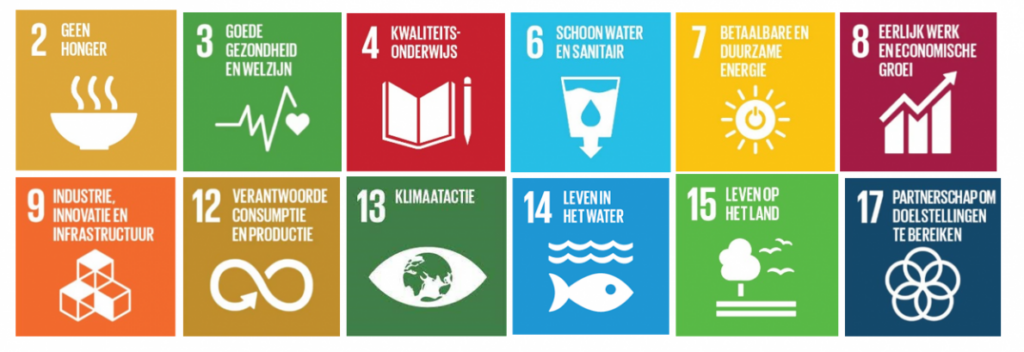
Finally, Sustenuto supported Fevia in the copywriting and editing of the roadmap.
The results
Sustenuto supported Fevia to develop an ambitious sustainability vision towards 2025 with an integrated roadmap containing concrete goals to earn customer trust, accelerate the green transition, and promote sustainable work while creating value for all.
Ann Nachtergaele, Director Environment & Energy at Fevia: “Our aim was to articulate a shared sustainability strategy for the Belgian food industry that coincides with our strategy as a sector federation. With the new sustainability roadmap of the Belgian food industry, we’re better placed than ever to drive the sector forward towards a more sustainable future. Thanks to the support of Sustenuto, the roadmap creates a platform both among our members and external stakeholders to co-create a more sustainable food system in the years to come.”
Fevia officially presented its sustainability roadmap during a tasty live stream from Brussels in November 2021. With the catchphrase “What will we eat tomorrow?” the federation calls upon all Belgian food companies, stakeholders, and consumers to build the sustainable food system of the future, together.
Discover the integrated sustainability roadmap for the food industry here.

